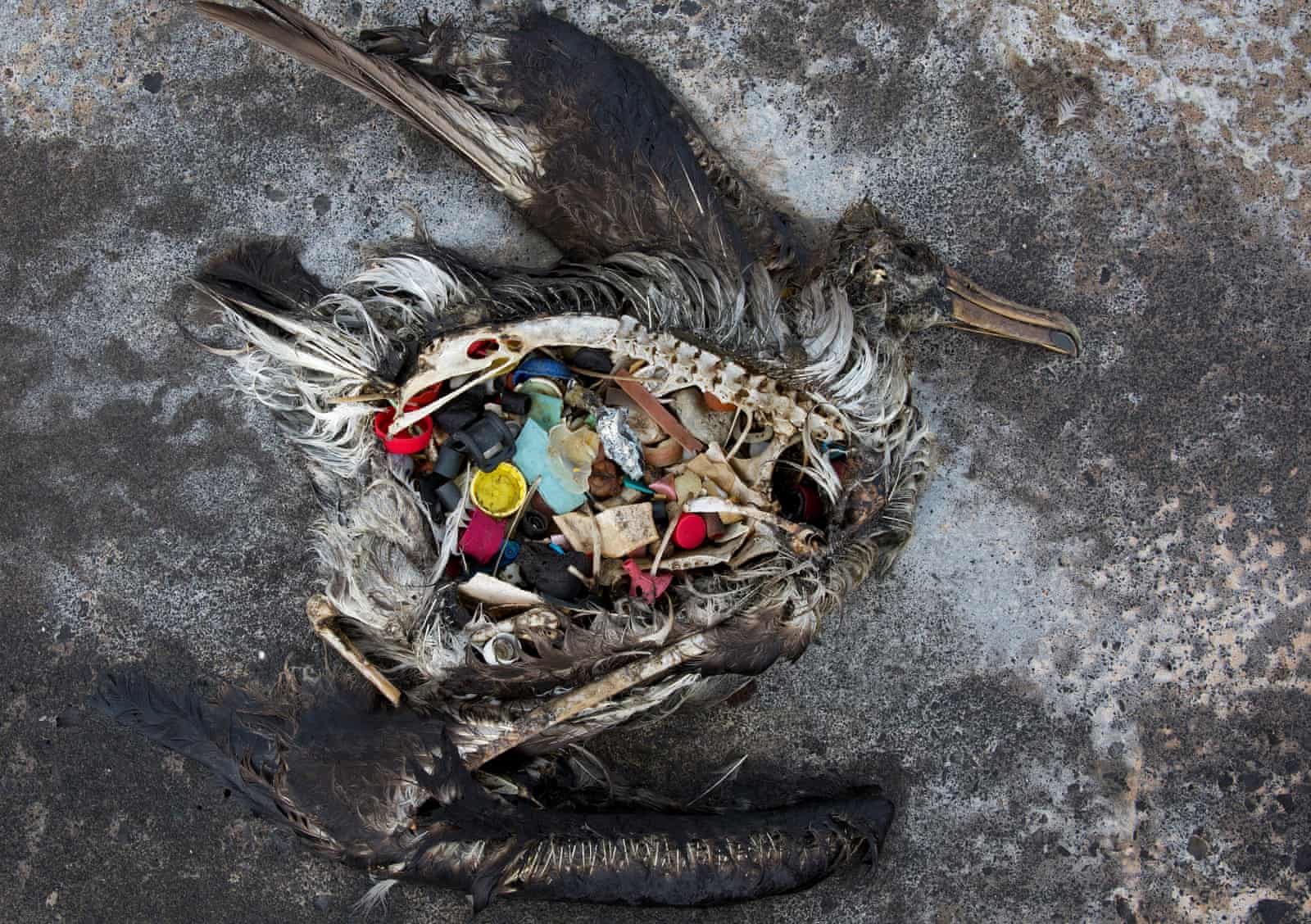People who prepare their coffee from the beans usually get them prepackaged in a bag. Different brands of coffee sell their prepacked beans in different kinds of bags, ranging from plastic to paper. These packages attribute only about 3% of the coffee industry's carbon footprint (Fornero, 2020), and as such its impacts on the environment are less discussed than the other pollutive processes in the industry.
According to a study by Salomone (2003), packaging contributes negligibly to greenhouse gases emissions, ecotoxicity, and ozone layer depletion. This suggests that attention on packaging used in the coffee industry is not the main concern when dealing with environmental impacts. While true that there are bigger pollutants in the coffee industry, unsustainable packaging has been forefronted by many climate change activists, making the topic of sustainable packaging relevant in today's context.
The problem of packaging is similar to that of coffee cups, which was previously discussed. The ambiguous and misleading logos indicating that the packages are recyclable are just not helping consumers to understand the proper means of recycling. Many times, packages containing beans would be made of two or more materials. This would mean that for effective recycling, materials must be separated, else, it would be as good as throwing them into the landfills.
While some may argue that there are biodegradable packaging available, it is found that only up to 60% of materials from such packages can biodegrade (Fornero, 2020). However, depending on the materials, the remaining 40% can be recycled in their corresponding bins. In this sense, biodegradable packaging seems like a favourable alternative to recyclable bags. However, to really reap the benefits of such packages, people have to step up and play their part in recycling. This seems difficult as recycling rates in many countries fall below 50%, suggesting that the non-biodegradables are highly likely to end up in landfills.
To conclude, coffee packaging contributes little to the pollution brought about by the coffee industry. However, that should not be a reason to ignore the problem as a little bit of pollution goes a long way, especially when we consider the size of the industry. While 'biodegradable' packaging is currently the most sustainable packaging available, consumers have to start recycling properly to reap the full benefits of such packages.


No comments:
Post a Comment